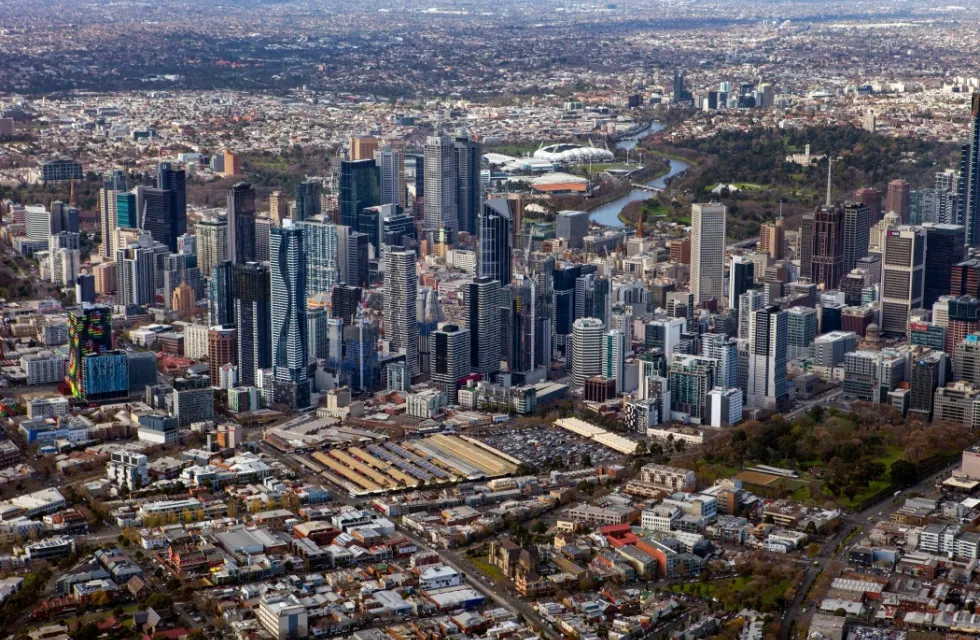24 October 2007 to 15 February 2008
Since the late-1920s, the City of Melbourne has employed bylaws and traffic officers to keep the city moving. It's not the most popular job in the world, but someone has to do it. Today, more than 100 uniformed officers patrol the municipality, enforcing parking regulations and offering advice and assistance.
Parking is an emotive issue. Thinking rationally, most of us accept the need for parking restrictions and enforcement. The system keeps the city moving and ensures that parking spaces get shared around. It's just that we don't like it when we're the one who gets pinged with a parking infringement notice. For many of us, the sight of a ticket on the windscreen suddenly turns parking enforcement into an affront to our personal liberty. Parking officers surely figure among the most maligned functionaries in our city. Like umpires at the footy, they're inevitably in the firing line. At best they might be grudgingly accepted as necessary. But is this a fair view?
This exhibition presented aspects of the history, mechanisms and devices that have been used to regulate parking in the city. Above all, it asked the question: who are these people that enforce road rules and municipal bylaws? It invited parking officers to speak for themselves about their job, to provide insights into the hazards and attractions of life on the city streets.
The exhibition encouraged viewers to suspend their prejudices and to make sure they'd put enough money in the meter.
Parking officers:
Politicians, used car salesmen, the taxman we'd be somewhere above those guys, but probably below Miss World. Graham McKinnon
You have to remember that, most of the time, they're not yelling at me personally. They might be yelling at the uniform or at the Council. But, mainly, they're yelling at themselves for making a mistake. David English
Imagine if there weren't any parking officers patrolling the streets it'd be chaos! Jorge Contreras
Protesting motorists:
I can't think of a reason why I should give you my money because your meter short-changed me. I'm afraid if I go along with this I may as well stand in Bourke Street and drop my pants, then everyone will have a chance of getting up me. letter to Council, 1982
Anyway, I'm puffing away on my smoke and I go to look back at my car which was just behind me, and what do you know? F@#! parking warden!! (Cheeky little bugger snuck up behind me.) letter to Council, 2007
Curated by Malcolm McKinnon
Malcolm McKinnon is an Australian artist and filmmaker, working mainly in rural communities. Over the past 15 years, his work has encompassed oral history, urban planning, public and community art projects and exhibitions.
His current practice is mainly focused on documentary filmmaking and social history. His projects include Football Stories from Country Victoria, for the Victorian Country Football League, and Nukunu stories of heritage & identity for Melrose Museum and the Nukunu Peoples' Council in South Australia.
Download exhibition catalogue































































